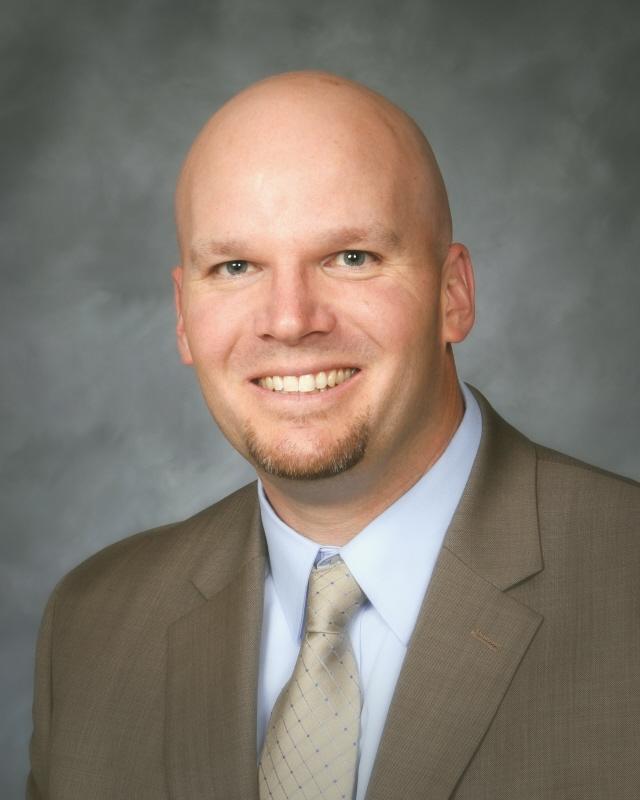Teachers in short supply
March 14, 2016
A major teacher shortage was declared by Wenatchee High School Principal Eric Anderson to the staff on March 9. Due to the multitude of positions that will be open as of the 2016-17 school year combined with the fact that there have been few applications submitted, Anderson issued an appeal this week for any contacts the staff may have.

The teacher shortage is a crisis not only in the Wenatchee School District or even within Washington state, but is widespread across the country. According to WHS English teacher Chris Cloke, teacher numbers are short by approximately 5,000 to 7,000 teachers, with an estimate of falling 20,000 teachers short in five years.
Many of the factors impacting this decline range from growing class sizes to the imbalance between retiring teachers versus the number of new teachers, to the general disrespect teachers are receiving, Cloke said. Because this problem is so widespread, districts must collaborate — but at the same time battle one another to hire enough teachers. Schools such as Eastmont have even gone so far as guaranteeing jobs to teachers who have not graduated yet.
“You can contact potential teachers, but it will do nothing if you don’t have what they want,” Cloke said, referring to Anderson’s contact appeal. “You not only have to contact them, you have to offer something more attractive in the field than the competition. The question is, what can we offer?”
However, Anderson remains optimistic and is working to attract teachers with marketing that Anderson hopes to be effective as well as creative. He said that already, some contacts have been found through his appeal, and the school can continue hiring through late July or August, if necessary.
“There hasn’t been a ton of positive press around the upsides of teaching,” Anderson said. “Teaching is one of the most rewarding jobs there are. But people are always focused on the negatives — something goes wrong, and that’s steered people away.”
The course of action to be taken if the positions can’t be filled may depend on what and how many positions have been taken. Currently, three math positions alone are open, which no one yet has applied for.

The most likely solution would be the temporary use of long-term substitutes, who would stay until the position had been filled. New teachers, such as WHS English teacher Tasha Ritter, are increasingly harder to find, due to student debt and tests with a salary that has difficulty paying off. Ritter said that while the enthusiasm of new teachers can be a virtue, it can also be a hinderance as they push themselves to become involved and active in the school.
“Teachers are overachievers. We want to perform to the best of our ability,” Ritter said. “Our biggest frustration is when we can’t do that because we are not given the time or resources that help us do our job to the fullest potential.”

dan randles • Mar 15, 2016 at 6:39 pm
http://klewtv.com/news/local/former-chs-assistant-coach-faces-charge-of-first-degree-sexual-misconduct-with-minor
Tom Wright • Mar 14, 2016 at 6:43 pm
At the end of this school year I will have completed 44 years as an educator having taught 28 years full time and substituted for 16 years (including the past 8 years since retiring in 2008). I still find myself able to engaging positively with students and colleagues but, sadly, have little desire to encourage any young person to pursue education as a career. This reluctance, which convinced me to retire when I did, was spurred by changes in teaching requirements that took much of the joy out of the profession and forced me, and I believe others, into a mold dictated by testing and evaluations created by people with agendas having little to do with imparting the joy of learning to students. Combine that with never ending training in Marzano or whatever system du jour, collaborations, shifting goals, pro cert, pay that does not match inflation and the perception that teachers are not really valued in our society and I think we can begin to see at least part of the reason for the difficulty in finding new candidates for many positions. The educational establishment (whatever that is) would have to be pretty tone deaf to believe that college students are not aware of all of these potential obstacles.